8 Japanese practices for a better life
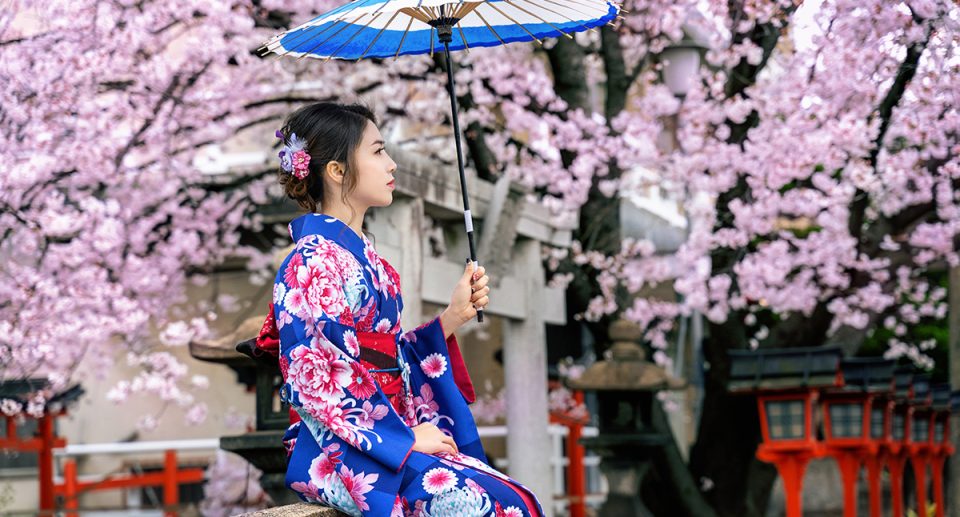
Implementing various practices from Japanese culture has the potential to bring about a transformative impact on our lives. Despite their Japanese origins, these practices have gained global appeal due to their effectiveness and straightforwardness. By incorporating these behaviors into our daily routines, we can foster a lifestyle that prioritizes physical well-being, mental serenity, and overall happiness.
Ikigai
Ikigai, often translated as the ‘reason for being’, presents a holistic perspective on life. It encourages individuals to seek a harmonious blend of their vocation, purpose, and profession—the elements that bring joy, fulfill needs, have market value, and contribute to the world.
Striving for this balance promotes longevity and a greater sense of fulfillment in life. By exploring your passions and determining your Ikigai, you can embark on a purpose-driven journey that aligns with your true calling.
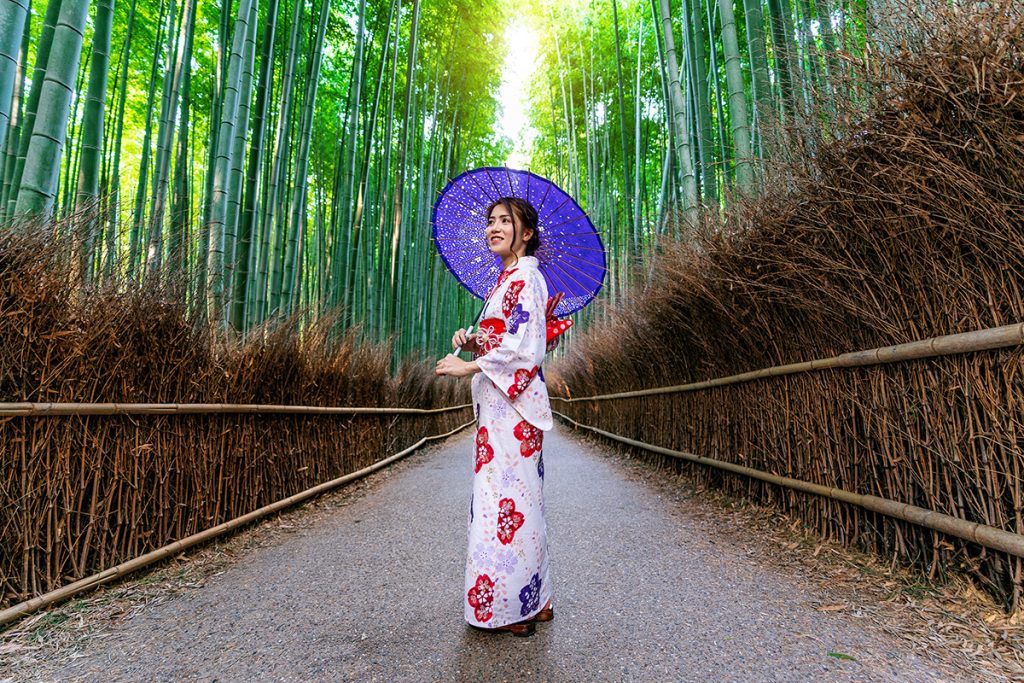
Shinrin-Yoku
Shinrin-yoku, commonly referred to as forest bathing, involves immersing oneself in a forest environment. This form of ecotherapy provides various benefits, such as reducing stress, improving mood, and boosting the immune system.
By spending time in parks or other green spaces within urban areas, you can actively engage in this practice while fostering a deep sense of tranquility and a strong connection with nature.
Hara Hachi Bu
The people of Okinawa, Japan, embraced the Confucian principle of Hara Hachi Bu, which encourages individuals to eat until they are approximately 80% full. This practice aims to prevent overeating and the related health risks like obesity and diabetes by promoting mindfulness and moderation.
To incorporate this approach into your own life, it is important to be attentive to your body’s signals of satiety and hunger. Eat mindfully, paying close attention to your level of fullness, and stop eating when you feel comfortably satisfied rather than overly full.
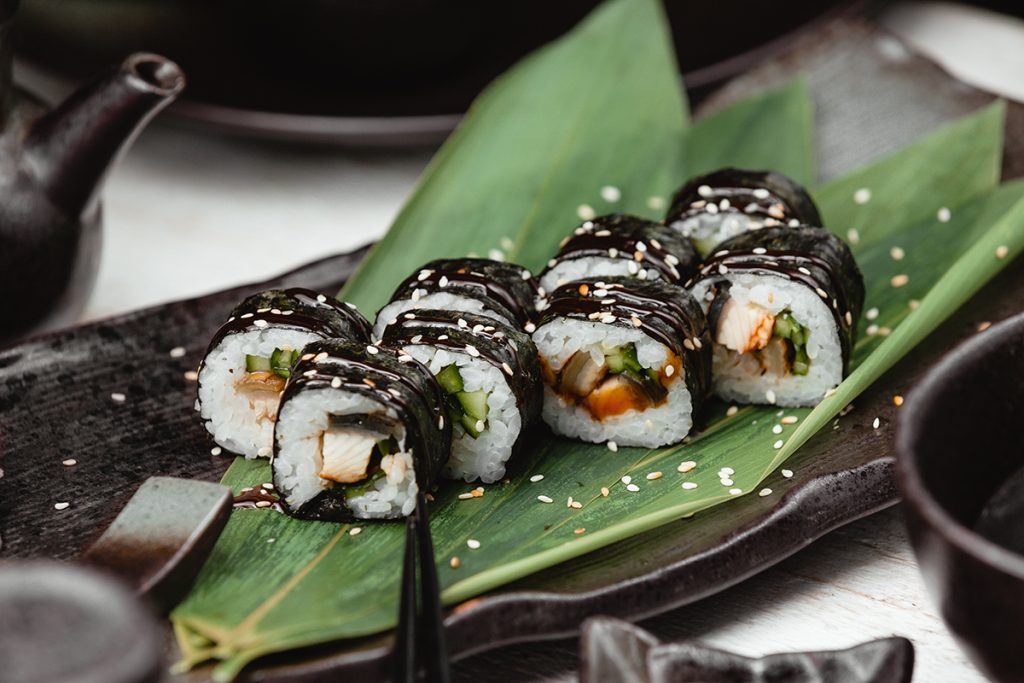
Eat a seaweed rich diet
Seaweed holds a significant importance in the Japanese cuisine, serving as a crucial ingredient that enhances flavors while providing a multitude of essential minerals. As a superfood, seaweed is rich in vital nutrients such as iodine, which supports proper thyroid function, as well as calcium, iron, and magnesium.
There are various effortless ways to include seaweed in your diet, such as incorporating it into soups and salads or enjoying nori sheets as a nutritious snack.
Drink green tea
Green tea, a fundamental aspect of Japanese culture, offers numerous health benefits. Thanks to its high content of catechins, a type of antioxidant, green tea assists in lowering cholesterol levels, reducing inflammation, and improving cognitive function.
The intricate process of preparing green tea also instills qualities of patience and attentiveness. Consider integrating green tea into your daily routine by embracing it as a calming afternoon ritual, savoring its flavors and soothing properties.
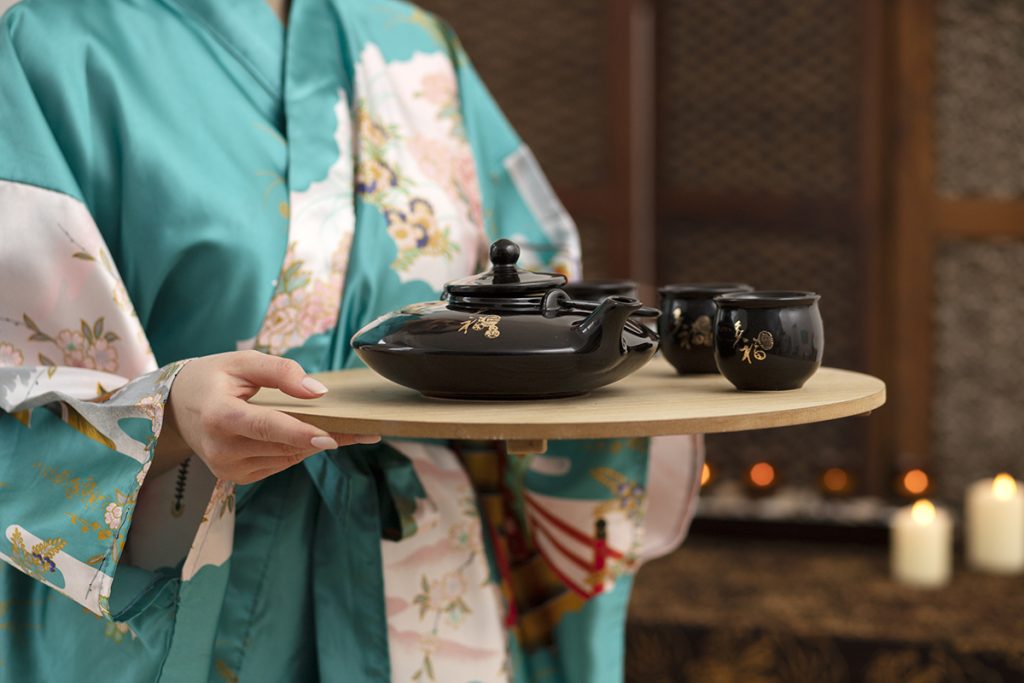
Follow a Japanese Diet
The traditional Japanese diet is highly regarded for its health-promoting qualities and overall well-being. It consists primarily of nutrient-rich foods such as rice, fruits, and vegetables, which are naturally low in calories and fat. Rice, being a versatile staple, serves as an important source of energizing carbohydrates.
Scientific studies have reinforced these benefits, demonstrating a lower prevalence of obesity and heart disease among those who follow the Japanese dietary pattern. To adopt similar practices, consider incorporating a greater variety of seafood, rice, and plant-based foods into your meals.
Have strong relationships and ties
In Japan, cultivating social connections is highly valued as it contributes to a sense of identity and overall mental well-being. Extensive research has shown that robust social bonds are associated with longer life expectancy, improved mental health, and reduced stress levels.
To nurture these connections, dedicate time to engage in activities such as sharing family responsibilities, spending quality time with friends, and participating in community-based initiatives. By actively fostering social connections, you can enhance your sense of belonging and promote your overall mental and emotional health.
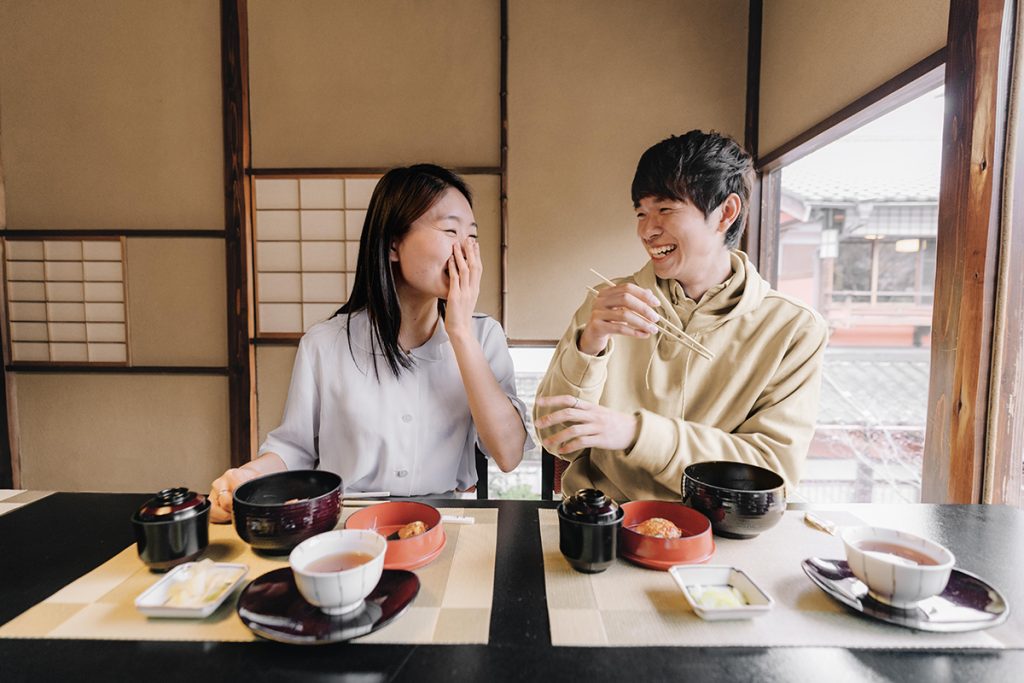
Prioritize harmony, order, and self-improvement
In Japanese society, fundamental principles such as harmony, discipline, and self-improvement have a profound influence on both interpersonal relationships and personal development. Embracing order in life provides a sense of structure, while fostering harmony encourages peaceful cooperation among individuals.
The value placed on self-development emphasizes the importance of continuous learning and cultivates a growth mindset. Together, these principles contribute to shaping not only one’s relationships with others but also one’s own character and personal growth.
8 Japanese practices for a better life conclusion
Japanese culture presents an array of long-standing practices that hold the potential to revolutionize our lives. Renowned for their remarkable longevity and low incidence of lifestyle-related ailments, the Japanese offer valuable insights into promoting overall well-being. By embracing and adopting elements of their lifestyle, we can actively cultivate a healthier way of living.




















